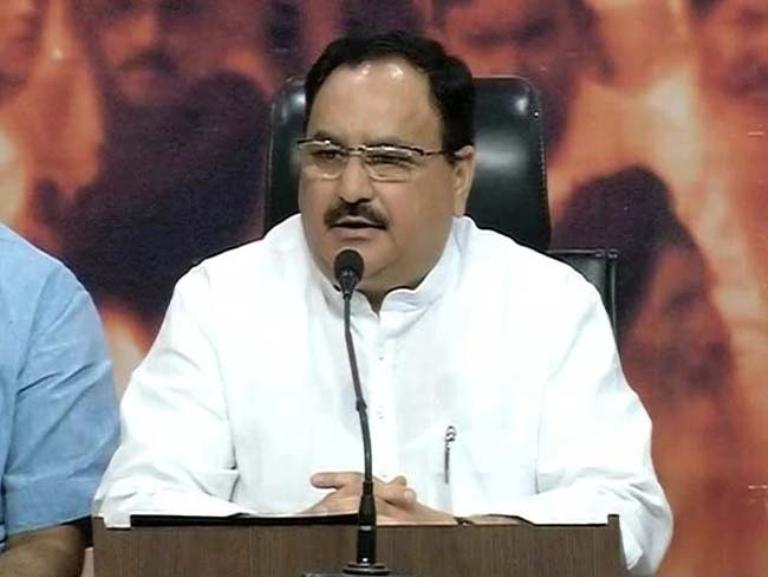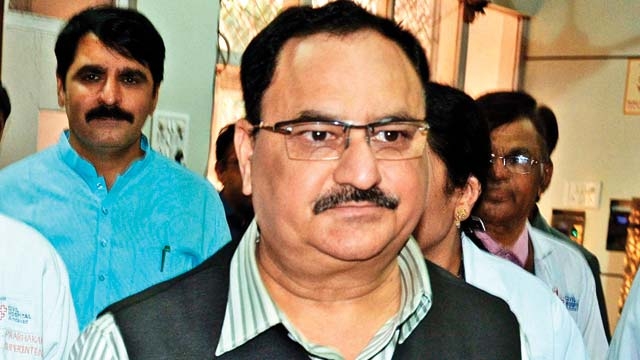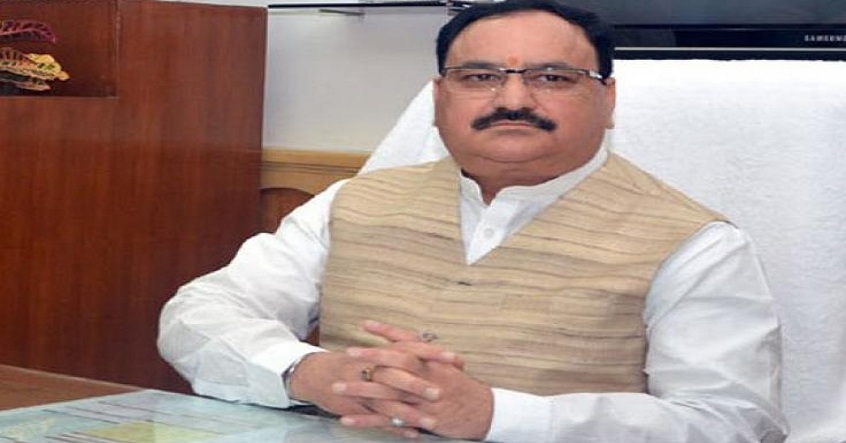Black fever: Union Health Minster JP Nadda said that the government is focused on eliminating black fever “kala azar’ to its roots from India this Year. After malaria, the slow poison disease is second deadly parasitic killer as several cases are reported which are mostly from Bihar, Jharkhand, Uttar Pradesh, and West Bengal.
Government is focused on eradicating the slow poison
It usually spreads by sand fly bits and it is known to affect people from poor- socio groups. “The government also plans to eradicate malaria by 2030 and is working towards it,” the health minister said. Nadda confessed that the development in healthcare sector was loop-sided in the country. He added that to counter the lack of manpower government is also taking up the matter seriously and also working with Medical Council of India to ease the conditions to get maximum students and promote transparency.
“Community health workers’ network needs to be strengthened,” said Nadda. Ministry of health and Family Welfare is also working with distance learning institute IGNOU to develop courses.
India’s mortality rate for age under five and maternal ratio is significantly declined
“We have increased the immunisation scale across the country. Measures like educating people about healthcare, empowering health workers are also supporting the government’s efforts. All these initiatives are benefiting the society,” said the minister.
“India is projected to nearly achieve the Millennium Development Goals (MDG) 4 and 5, while the MDG 6 goal to reverse the incidence of Malaria, TB and HIV/AIDS has already been achieved. What is perhaps noteworthy is that India’s mortality rate for age under five and maternal mortality ratio declined at a higher pace than global average. There has been a significant decline in Total Fertility Rate (TFR),” said Nadda.










